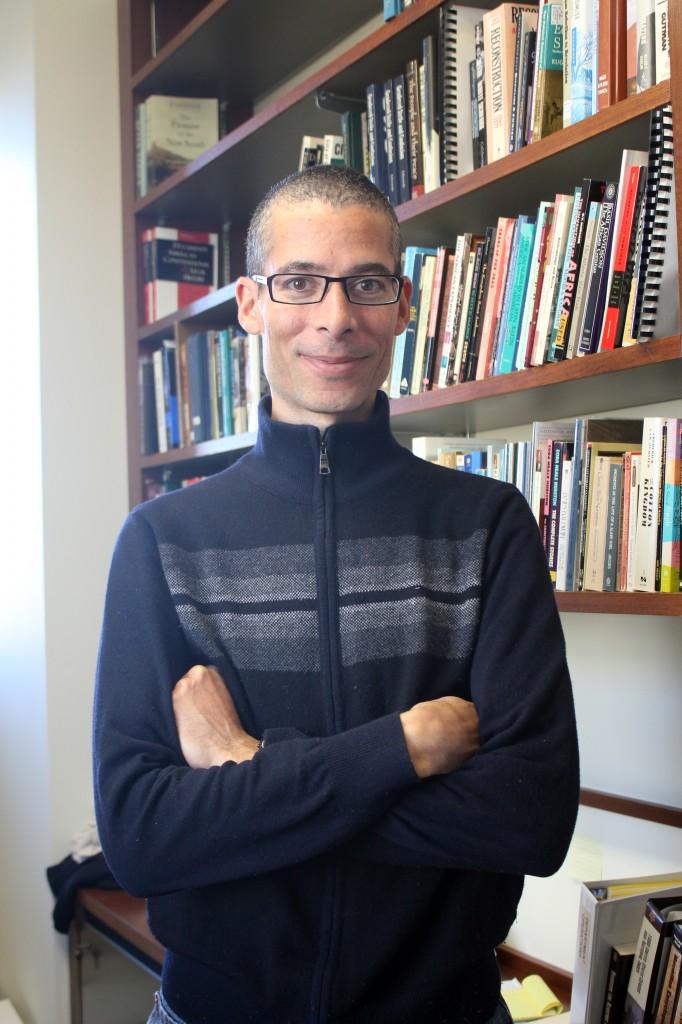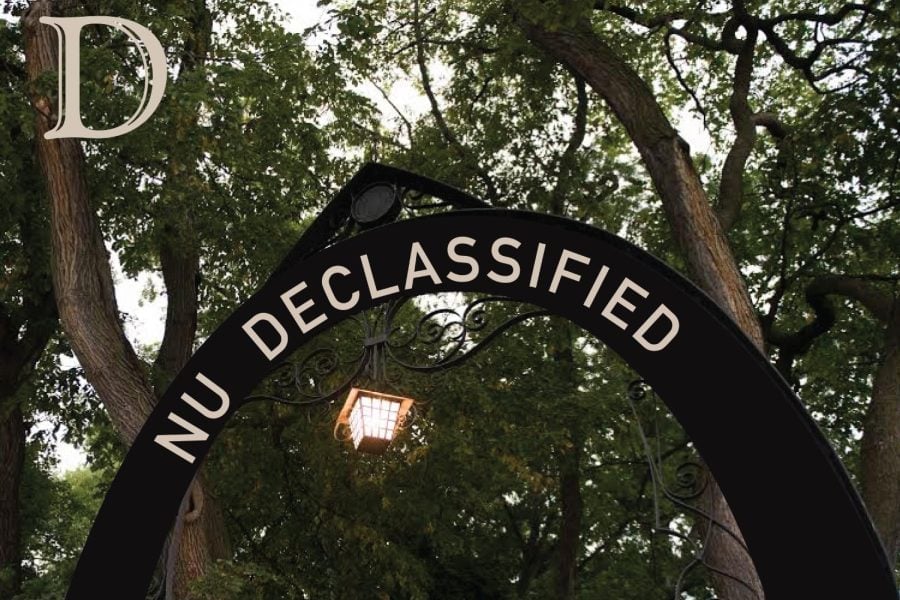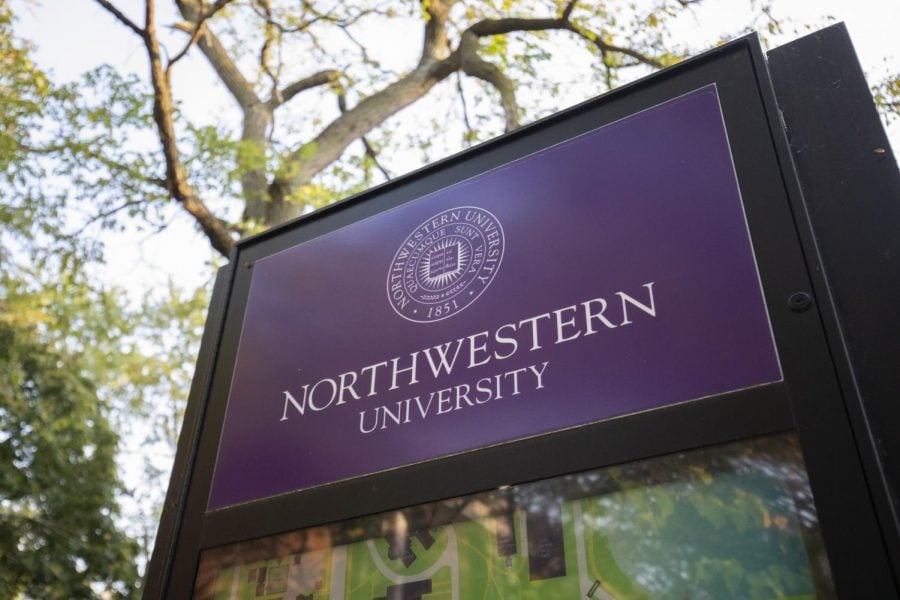When Northwestern history professor Dylan Penningroth first found out that he had been named a 2012 MacArthur Fellow, he was completely shocked.
“I had no idea that I was even being considered,” he said. “It was one of those things that caught me by full surprise.”
Penningroth learned last week that he had been selected as a MacArthur Fellow, a prestigious distinction that includes a $500,000 grant from the MacArthur Foundation. The award, commonly referred to as the “genius grant,” allows individuals who excel in their respective fields to pursue future projects on their own terms.
The nomination and selection process for the grant is completed in secret, Penningroth said, and the winners receive the money over a five-year period. Penningroth plans to use the money to further efforts on his book, which he has been working on since 2004.
“The money is no strings attached, so if you need it to fix your roof, apparently you can do that,” he said. “I plan to put this money towards research on my current book project, which involves a lot of data collection and analysis that are very time-consuming and expensive. This grant comes at just the right time.”
Penningroth’s new book will focus on Black political culture before the Civil Rights era, specifically addressing how Blacks pursued their interests despite limited legal rights.
Penningroth said he became interested in the field of African-American history at a young age, and that his enthusiasm for the subject only grew during his time in college.
“My family background, and being really interested in the stories that I heard growing up, sparked my interest,” he said.
Some of Penningroths ancestors came from Germany, but others can be traced back to slavery in southern Virginia, he said.
He said his time as an undergraduate at Yale University set him on his current path. This included a seminar taught by Yale Prof. David Brion Davis about global slavery, which Penningroth said was a major part of his decision to pursue history as a career.
“(Davis) turned out to be really amazing,” Penningroth said. “Very, very quiet, not a rockstar type, but just brilliant. I really enjoyed listening to him and the ideas that he was teaching us.”
After Yale, Penningroth went to Johns Hopkins University for graduate school, then began working at the University of Virginia. He came to NU three years later with his first book, “The Claims of Kinfolk,” almost finished.
History Prof. Kate Masur works closely with Penningroth. Both Masur and Penningroth focus much of their academic efforts on the history of slavery in the United States.
“He is wonderful to work with, incredibly thoughtful and conscientious about things happening around him,” Masur said. “He is the best, and I feel so lucky that he is the person that I work most closely with here at Northwestern.”
Weinberg senior Emily Kaht took Penningroth’s seminar, Race and Slavery in America, in the fall of 2011 and said she enjoyed his methods of teaching, which include asking difficult, “thought-provoking” questions.
“Prof. Penningroth was a different professor than I have ever had,” she said. “He was very soft-spoken but in a way that we could actually tell he was listening and engaging with us. It seemed like he really cared.”



















